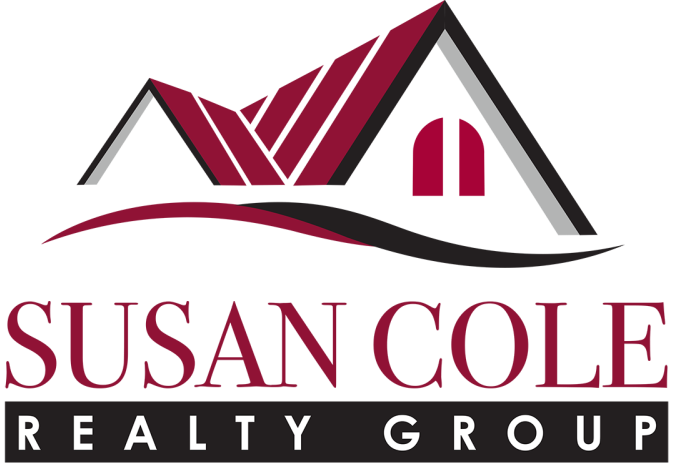
The Upper Valley Real Estate market, spanning New Hampshire and Vermont, is a shifting landscape. Whether you’re planning to buy or sell, understanding current trends is key to navigating the market and making informed decisions. Let’s explore the November 2024 market report from the Vermont Association of Realtors and what it means for you.
Market Overview – The latest data reveals a nuanced market. Here are the key insights:
- Median Sales Price: At $410,000, the median sale price remained steady month-over-month, reflecting price stability. Year-over-year, this marks a 6.5% increase, underscoring the area’s steady growth and appeal.
- Closed Sales: Closed sales experienced a dramatic 45.2% year-over-year drop. This decline suggests reduced buyer activity, possibly driven by rising interest rates, affordability challenges, or seasonal slowdowns. This year, I believe this has to do with rates increasing to the high 6’s, coming in around 6.8% for the end of December 2024. Add that to the typical seasonal slowdown that we see in our area as folks get ready for the holiday season, and you get this dramatic shift we saw year over year.
- Active Inventory: Active listings dropped 16.6% compared to last year, signaling tighter inventory conditions. With fewer homes available, competition remains strong for desirable properties.
- New Listings: New listings declined by 12.1%, indicating potential hesitation among sellers due to market uncertainties or reluctance to trade in low-interest-rate mortgages.
- Median Days on Market: Homes are taking longer to sell, with the median days on market rising by 71.1% to 33 days. This shift suggests that buyers are more deliberate, while sellers may need to adjust pricing or marketing strategies.
- List Price Received: On average, sellers received 98.1% of their asking price, a slight decrease of 0.9% year-over-year. This trend indicates a balance where buyers have some room for negotiation, but sellers largely maintain leverage.
- Months Supply of Inventory: At 3.0 months, supply levels have dipped 5.2% from last year, reinforcing a seller’s market despite overall slower activity.
What This Means for Home Buyers
- Challenging Inventory: With fewer homes on the market and a continued seller’s market, buyers face limited choices. Acting decisively when a suitable home becomes available is essential. Partnering with an experienced agent can help navigate competitive bidding situations.
- Price Considerations: Stable median sales prices offer predictability, but the increased time on the market might provide opportunities for negotiation. Buyers should be prepared to assess a property’s value relative to market trends quickly.
- Financing Factors: Rising interest rates could impact affordability. Buyers should secure pre-approval and explore loan options early in their search to lock in favorable rates and clarify their purchasing power. Current rates at the end of December have climbed back to just shy of 7%.
What This Means for Home Sellers:
- Pricing Strategies: With homes taking longer to sell, accurate pricing is more critical than ever. Overpricing could result in extended market times, while competitive pricing can attract serious buyers.
- Market Timing: The slower pace of sales requires patience and a robust marketing plan. Sellers should work closely with their agent to optimize the timing of their listing for maximum exposure.
- Presentation: A well-presented home can stand out and attract offers even in a more cautious market. Investing in home staging and curb appeal remains a smart strategy.
Regional Nuances in the Upper Valley
While these trends apply broadly, the Upper Valley’s real estate market shows local variations. For instance, Norwich VT, Hartford VT, and Quechee VT communities may experience different dynamics compared to those further out in the Dartmouth region, like Woodstock, VT or Thetford, VT due to varying tax policies and employment opportunities. Heading a little further out into the Upper Valley to places like Hartland, VT, Springfield, VT, or Pomfret, VT, markets can vary even more. These differences stem from factors such as commute times, local amenities, and property types. Additionally, Vermont’s unique charm continues to attract buyers seeking a slower pace of life and a deeper connection with nature. Understanding these nuances can provide an edge whether buying or selling.
Closing Thoughts
The November 2024 market presents both challenges and opportunities. Buyers must act strategically in a competitive landscape, while sellers should focus on pricing, presentation, and timing. Whether you’re navigating limited inventory or preparing your home for sale, having a trusted real estate advisor makes all the difference.
If you’re considering buying or selling in the Upper Valley, I’d love to help you achieve your goals. Let’s connect to discuss your unique needs and how we can make the market work for you. Brendan@susancolerealty.com


